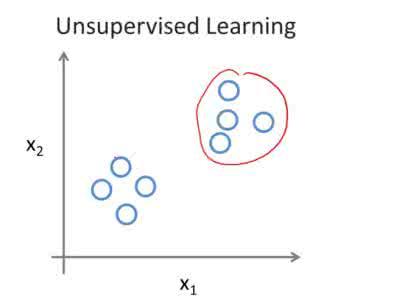In this paper, a novel artificial intelligence-based cyber-attack detection model for smart grids is developed to stop data integrity cyber-attacks (DIAs) on the received load data by supervisory control and data acquisition (SCADA). In the proposed model, first the load data is forecasted using a regression model and after processing stage, the processed data is clustered using the unsupervised learning method. In this work, in order to achieve the best performance, three load forecasting methods (i.e. extra tree regression (ETR), long short-term memory (LSTM) and bidirectional long short-term memory (BiLSTM)) are utilized as regression models and their performance is compared. For clustering and outlying detection, the covariance elliptic envelope (EE) is employed as an unsupervised learning method. To examine the proposed model, the hourly load data of the power company of the city of Johor in Malaysia is employed and Two common DIAs, which are DIAs targeting economic loss and DIAs targeting blackouts, are used to evaluate the accuracy of detection methods in several scenarios. The simulation results show that the proposed EE-BiLSTM method can perform more robust and accurate compared to the other two methods.
翻译:暂无翻译




